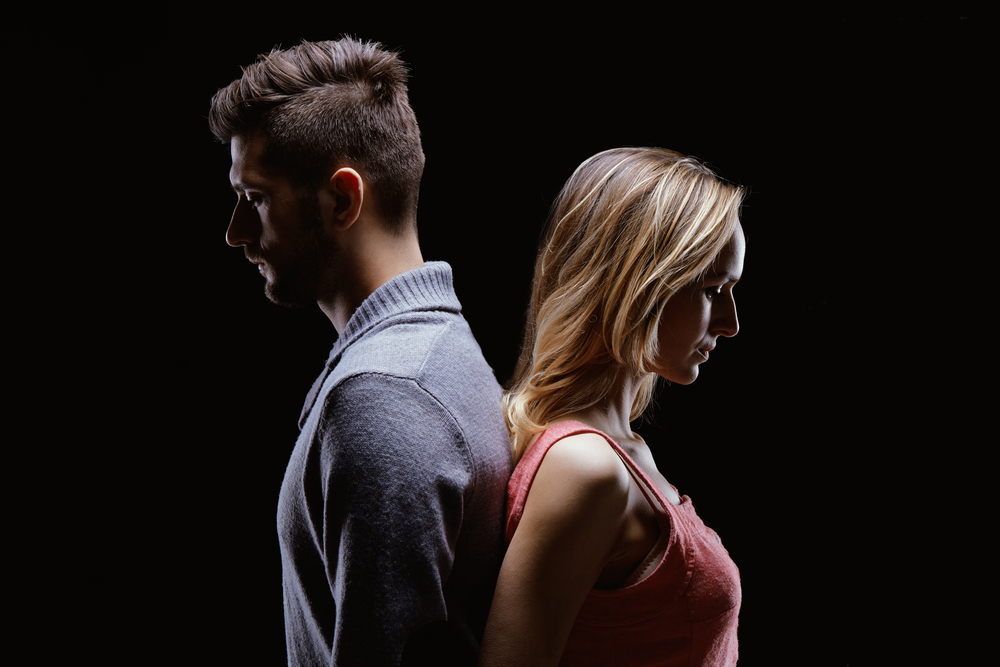
19 Sep The Other Person is Never the Problem
Written by Jessi Kohlhagen
“If you are irritated by every rub, how will your mirror be polished?”
-Rumi
Everything that upsets us about others can lead us to a greater understanding of ourselves, if we choose it.
No matter how much they irritate us, don’t share our same beliefs, or don’t do things the way we like, we are ultimately responsible for how we choose to respond (and for the consequences those responses have on our lives).
And this doesn’t only mean our external, verbal responses. It means our inner responses — the mental, emotional, energetic reactions that are triggered in the deepest parts of our being, and the destruction (or growth) these responses can cause in our lives.
An awakened human being realizes that the other person is never the problem.
Something powerfully transformational happens when you take this truth to heart and apply it to absolutely everything in your life.
Disappointment, frustration, pain and suffering within relationships can all be seen as clues which help to illuminate our path of self-discovery and inner growth. These are the areas of our lives that are mirroring back to us a need within ourselves, and inviting us into a deeper awareness and acceptance of our reality.
By courageously looking into our own reflections and taking responsibility for all that arises within us (instead of projecting our experiences onto others) we discover a beautiful truth…
We hold the power to choose what we see in others — and what we see ultimately defines who we are, not who they are.
Part of our human growth is recognizing that all the experiences of our lives are simply mirrored reflections of our own inner landscape.
Sai Baba said, “As is the feeling so is the experience, for everything is a reflection of the inner being.”
Everything we experience is filtered through our perception, and our perception literally creates our reality.
This isn’t to say that other people are completely off the hook and can behave any way they choose toward us without consequence. It simply draws a line in the sand that says, “you’re responsible for you, and I’m responsible for me and everything that goes along with my experience — including my own feelings, no matter how much I believe your actions have contributed to them.”
This doesn’t mean we will never be hurt by the actions of others. And it doesn’t mean that we shouldn’t communicate our hurts with the ones we love, when it is called for.
It simply changes how we respond to the pain, turning it into an experience of self-realization and seeking to understand, rather than self-avoidance and seeking to be right.
The truth is, we have absolutely zero right or responsibility to decide how others should live their lives.
No matter how incorrect or immoral we find their choices to be, it is up to each of us individually to take responsibility for how we respond to the stimulus of our world.
Some people choose self-awareness. Some do not. Some choose the path of transformation, using relationship as an alchemy to elevate their consciousness, compassion and benevolence. Others do not.
We simply don’t get to choose for others. We only get to choose for ourselves. And ultimately, the more open and awakened we become, the looser our grip is on self-righteousness, and the more compassionately we begin to see all kinds of people, from all walks of life.
As Osho said, “The less people know, the more stubbornly they know it.” I find that the less one looks inwardly, the more one insists outwardly.
It’s a refining process. It takes a lifetime of strong intention, loads of practice, forgiveness and (perhaps most of all), patience — especially with oneself.
It takes holding space with each and every response you have within the fiery furnace of real-time interactions.
When you want to yell, prove yourself, or run away… instead, you hold.
When you want to tower over someone, or wilt beneath them… you hold, you invoke stillness, you breathe, and you notice…
What are your impulses? What triggers them to arise? Are they necessary to your growth? Are they serving this interaction? Will indulging them empower or deplete you? Are they serving your highest self, or are they feeding your ego?
The more consciousness we bring to our responses and what they boil to the surface, the more tolerant and better able we are to accept and hold space with any and all kinds of circumstances, people, belief systems, behaviors and relationship dynamics.
In essence, we are training ourselves to look inward at every opportunity, take full responsibility for what we find, and use our triggers as our greatest mirrors and teachers.
Can you think of a more powerful practice than that?
